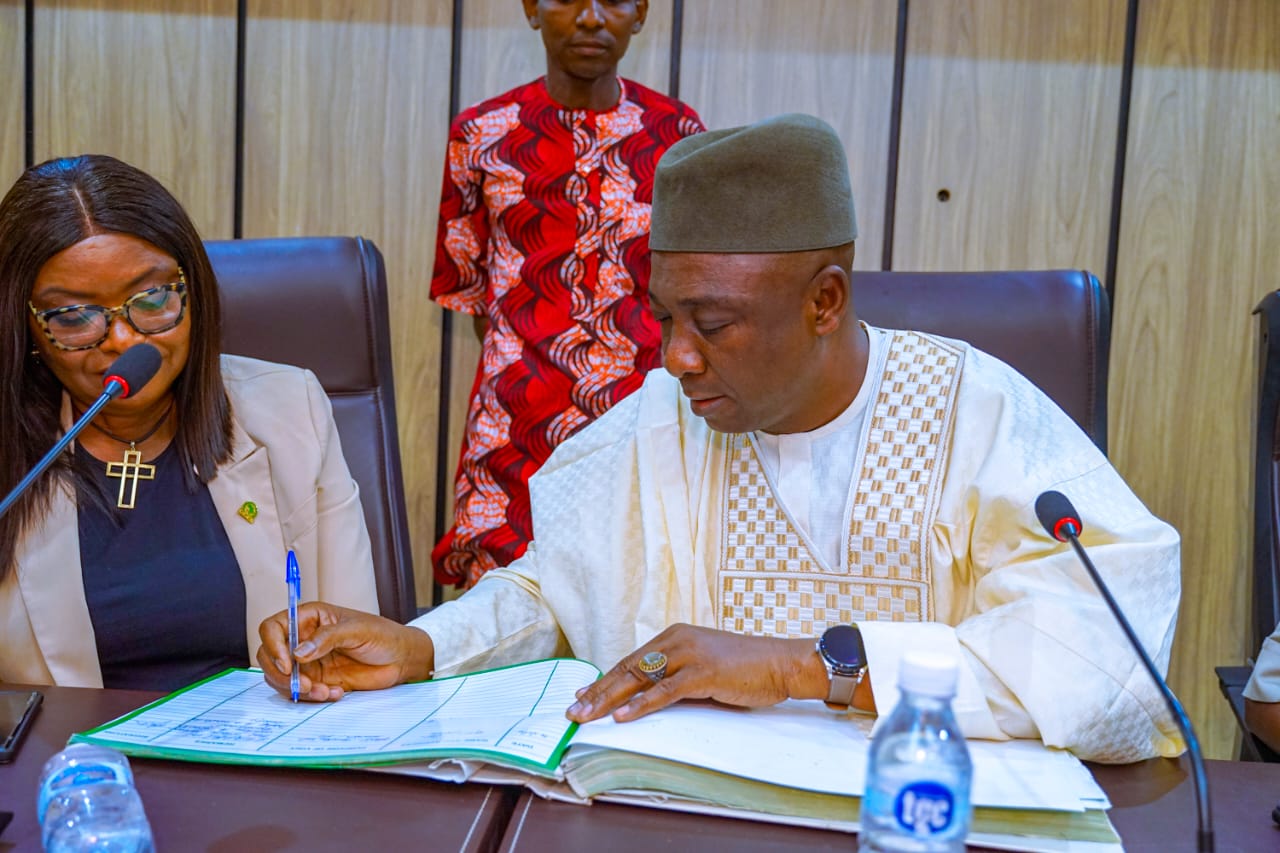In a move that has sparked debates and concerns, the Nigeria National League (NNL) board recently announced the postponement of the kickoff date for the 2023/2024 season. The initial plan was for the league to commence on October 28, but the NNL’s decision to delay the start was attributed to the need for clubs to finalize their registrations for the upcoming season.

The NNL, in its statement, expressed an understanding of the challenges faced by several teams in meeting the October 25 registration deadline. As a result, clubs are now advised to conclude their registration by November 3, 2023. Once the registration process is successfully completed, the NNL will determine a new date for the commencement of the league.
However, this postponement has generated criticism and sparked questions about the league’s organization and readiness to progress. It is customary in many leagues worldwide for lower divisions to start before the main league. Still, in Nigeria, the situation appears to be the opposite, with the NNL’s readiness coming into question.
READ ALSO: Sandro Tonali Faces Lengthy Ban Amid Gambling Scandal: Implications for Newcastle United
The recurrent problem of postponed fixtures, just days before matchday, has raised concerns among stakeholders. Many eagerly anticipated NNL games were scheduled for October 28, and the last-minute postponement came as a disappointment. It underscores a pattern that has hindered the league’s growth and negatively impacted its popularity.
The regular postponement of the Nigerian league has contributed to a lack of interest and engagement. It reflects a lack of administrative capability and planning within the league body. The reasons provided for these postponements are often regarded as inadequate, and they reveal a lack of consideration for the league’s brand and stakeholders.
A notable concern is how such a postponement would impact the league if it were to have international viewership or if there were financial implications tied to it. The league’s disregard for fans, players, and other stakeholders is evident in this decision.
The Nigerian league stands out globally for its lack of a consistent calendar. The absence of a structured and reliable timetable is attributed to its not being treated as a business concern. If the league were managed with a business mindset, it is unlikely that it would face such recurring issues. The postponement of the 2023/2024 season’s kickoff serves as a stark reminder of the need for more professionalism and organization within Nigerian football, and a call to treat the league with the seriousness it deserves.




